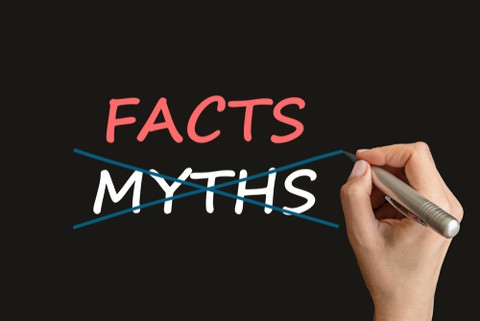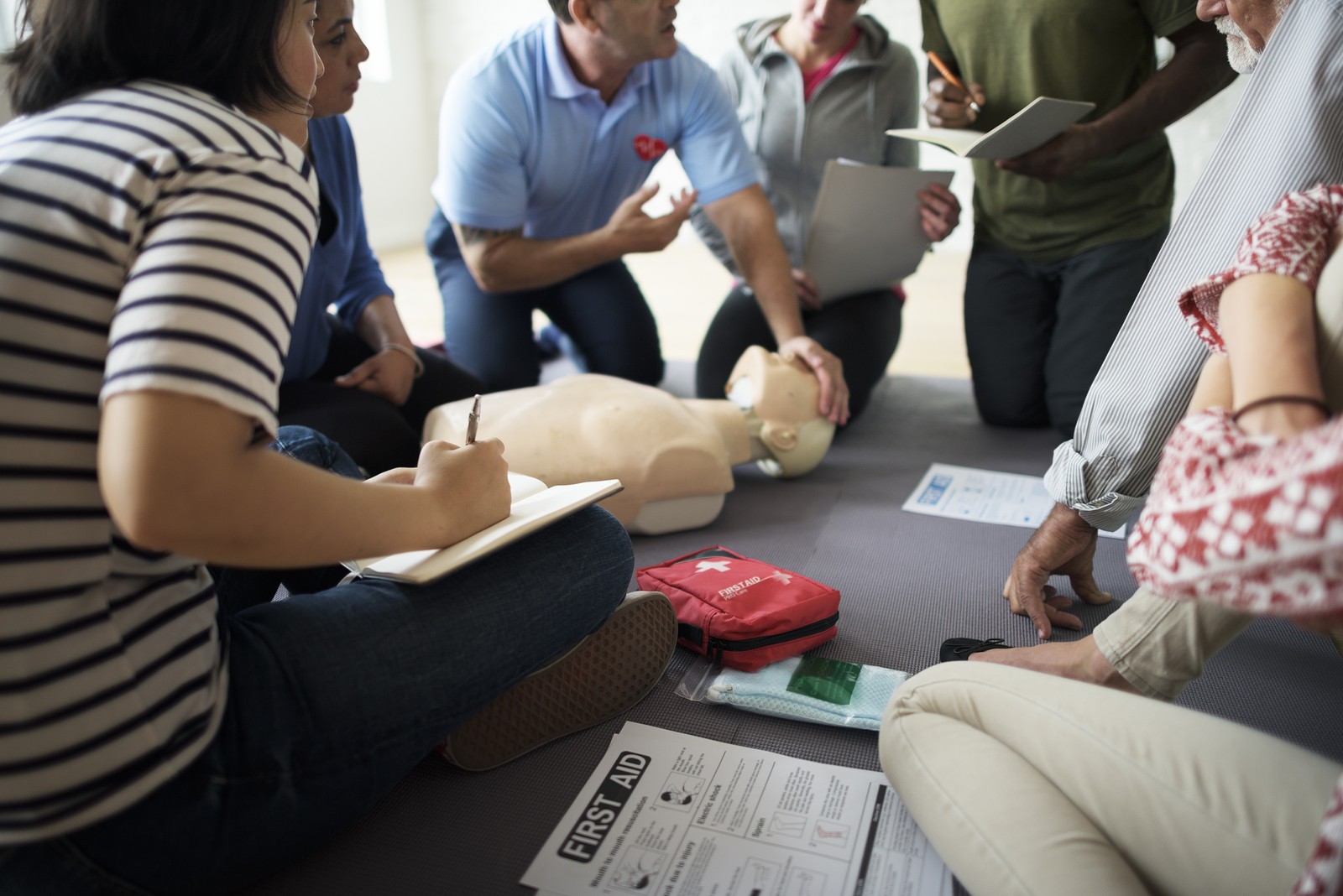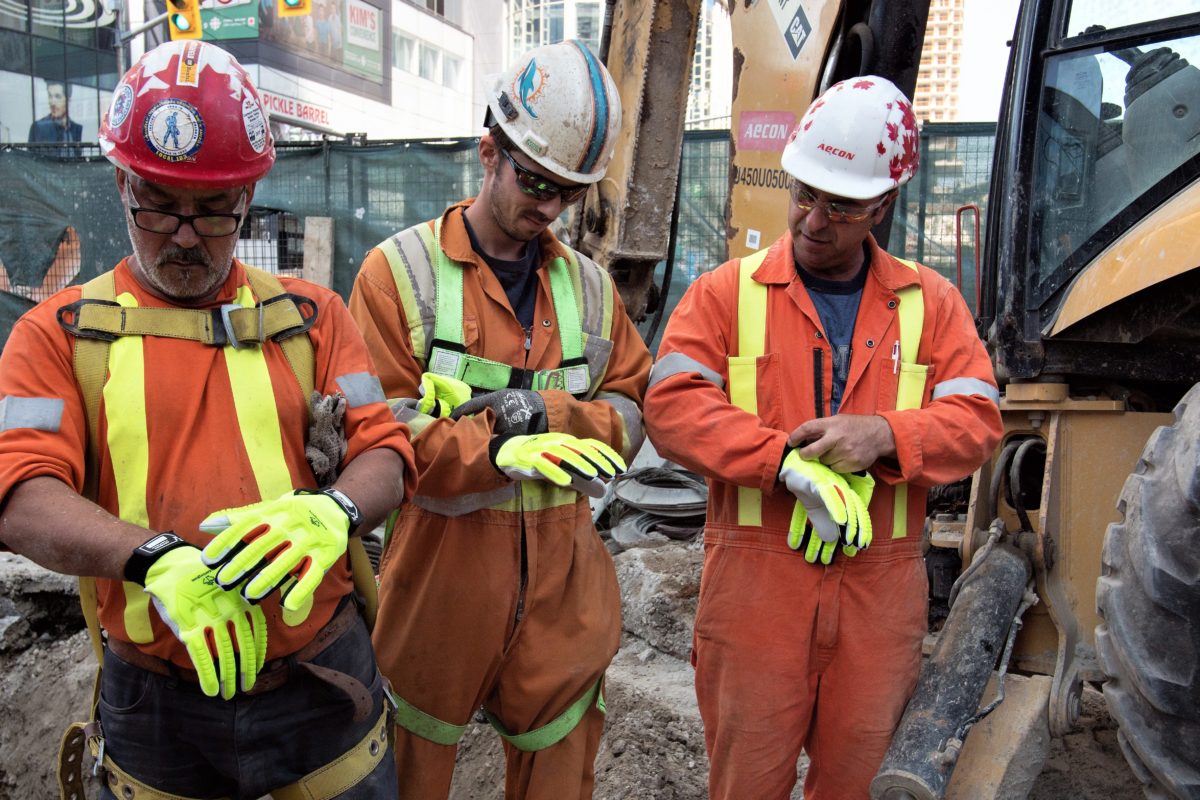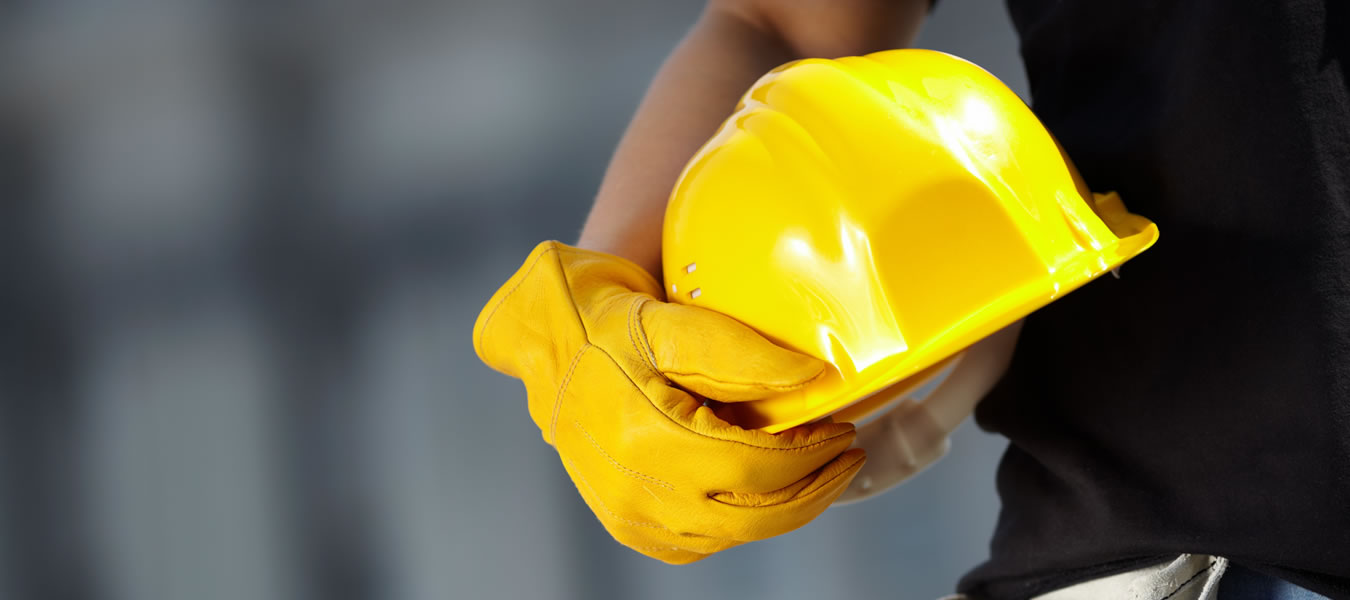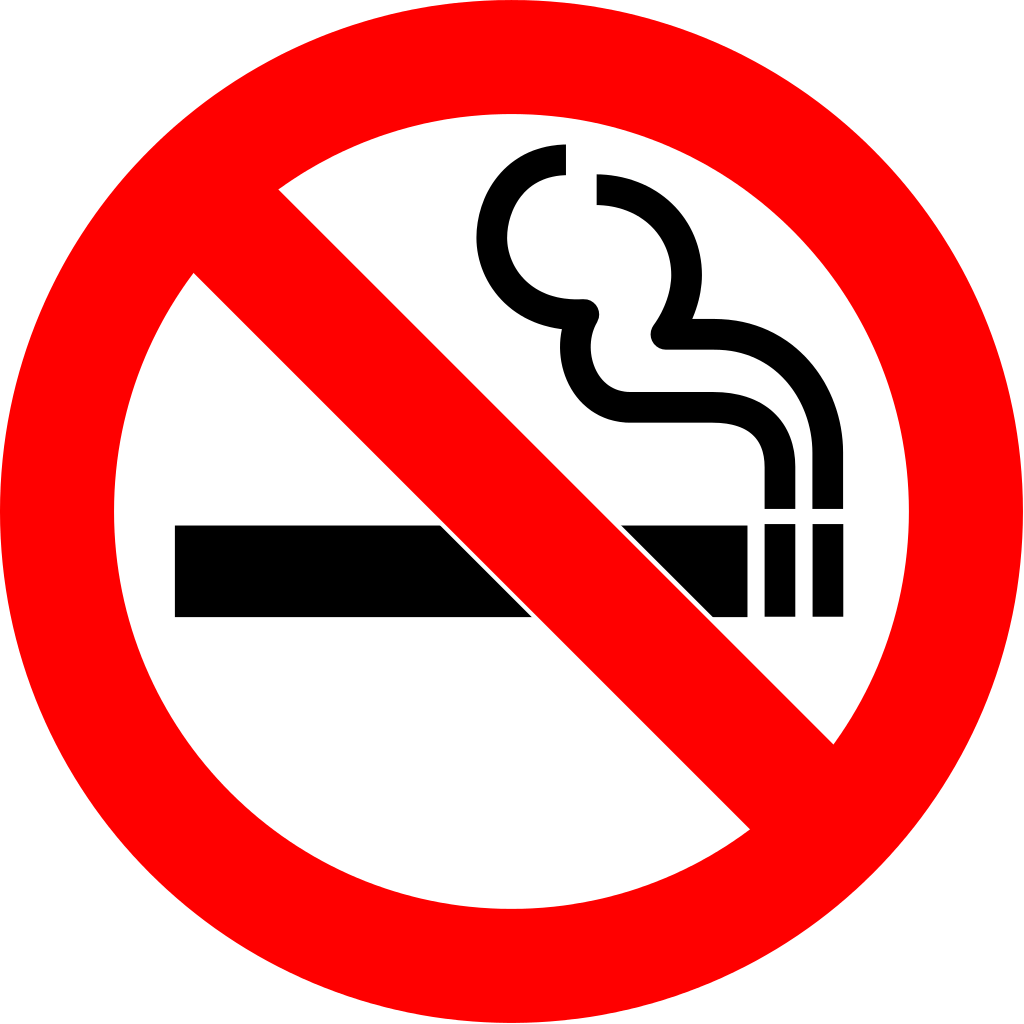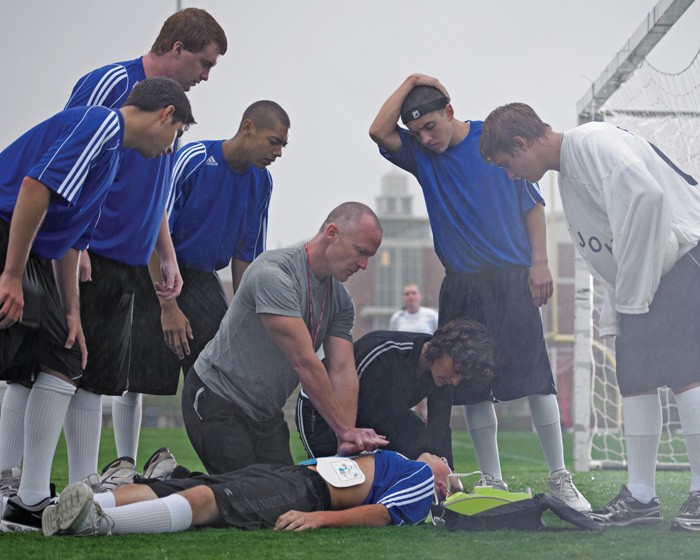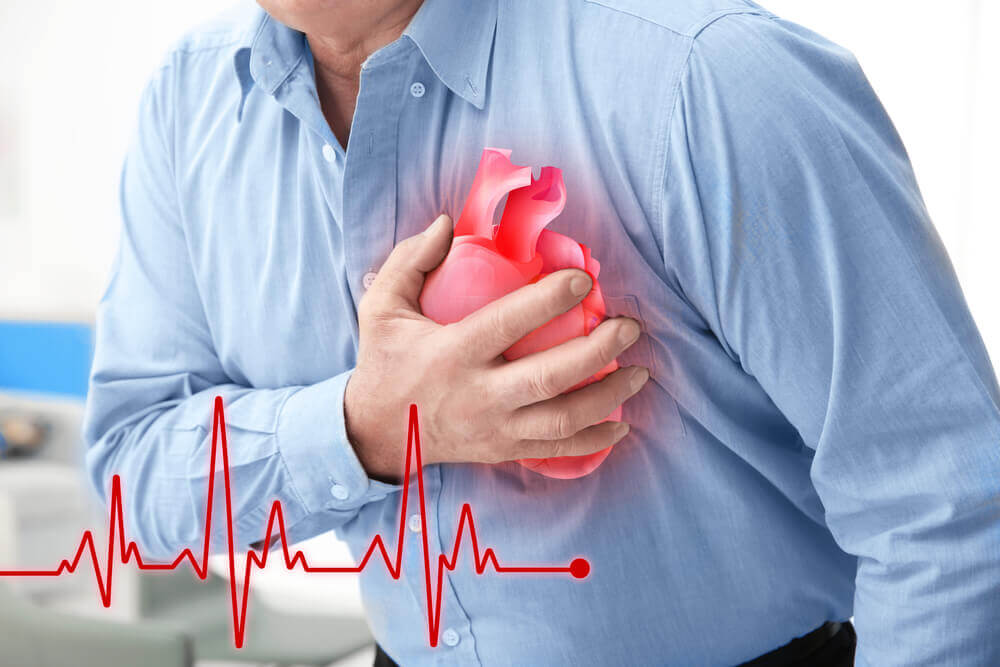
Washing Your Hands of a Situation Can Be a Good Thing
Washing Your Hands of a Situation Can Be a Good ThingOne of the best ways to protect your hands—and the rest of you—is good, old-fashioned soap.Ok, apologies in advance if this topic grosses you out, but there’s a study out that says more than half of the people who use their companies’ restrooms don’t wash their hands before leaving. That’s just wrong in so many ways,[..]

